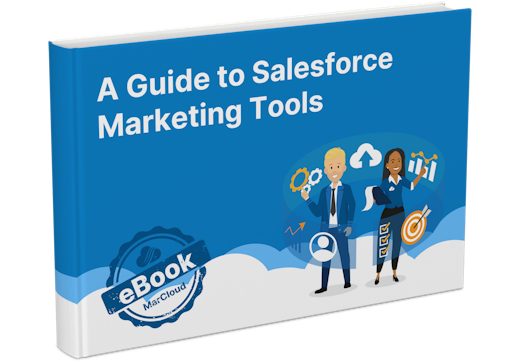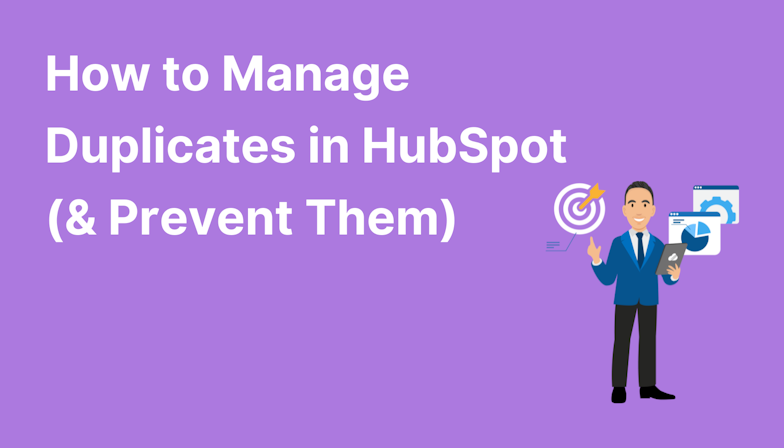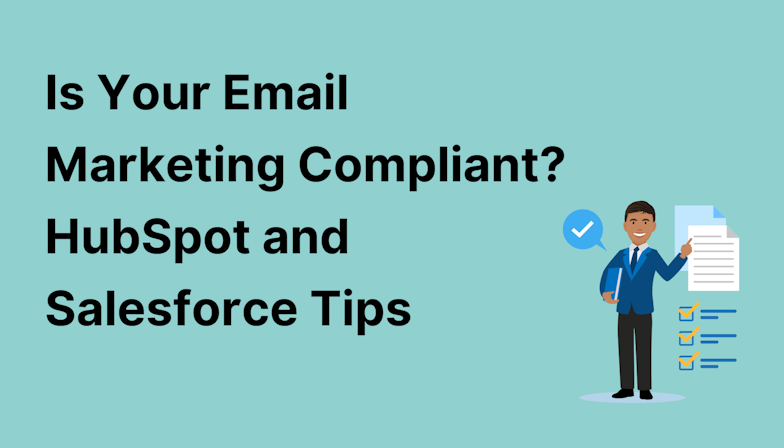Can I use HubSpot with Salesforce CRM?
Yes, many companies do. HubSpot Marketing Hub integrates with Salesforce CRM to sync contacts, leads, and campaign data. MarCloud offers HubSpot to Salesforce integration services, where we take care of all the mapping and processes for you.
Which is better for lead generation?
Both tools can support high-performing lead generation. HubSpot is faster to launch; Salesforce offers more advanced automation. Which is best depends on your business size, processes, budget, and technical capabilities.
How hard is it to switch platforms?
Migration depends on data complexity, existing automations, and your internal resources. It’s usually not a small task. Ideally, you’ll commit to one platform for the long haul. If you find yourself itching to migrate, though, get in touch. Working with an experienced partner will help minimise risk and get you up and running with your new software sooner.
Which platform scales better?
Salesforce, due to its modularity. But HubSpot has expanded its enterprise features significantly.
Do I need a partner to implement either tool?
For Salesforce, usually, yes. For HubSpot, not always, but it helps deliver ROI sooner.




